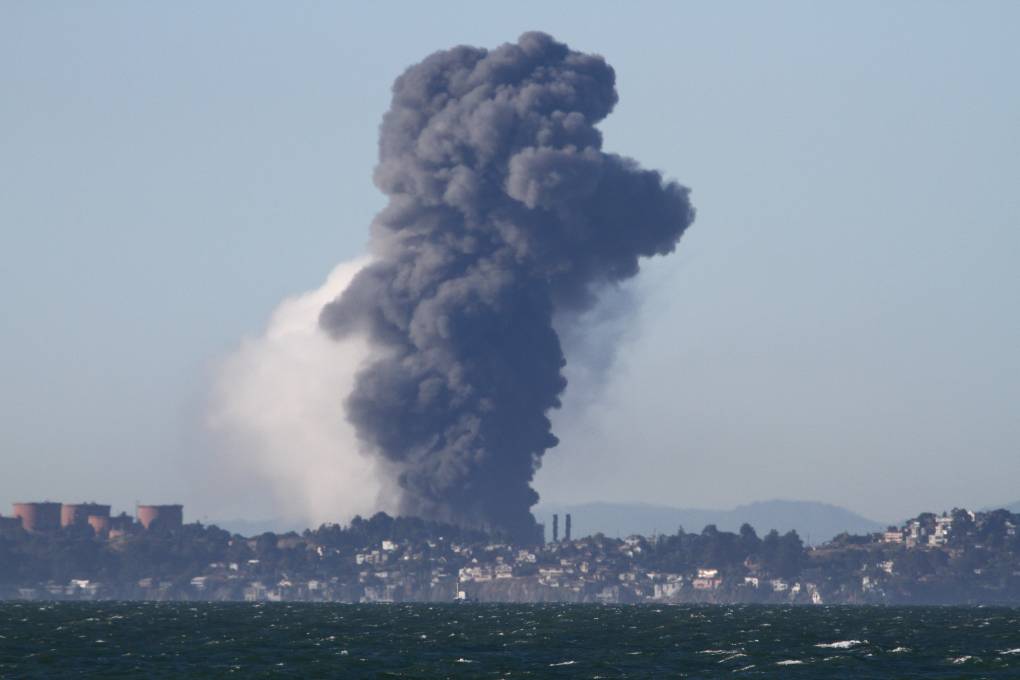
"The fire could have been prevented if Chevron had heeded its own inspectors' pleas to replace the decaying pipe, highlighting inadequate federal and state regulation."
"Californiaâs safety measures, established in response to the 2012 incident, provided unprecedented power for workers to halt operations deemed unsafe, enhancing community protection."
"The proposed amendments to safety regulations raised concerns among petroleum refineries about vague and confusing terms, which complicate compliance with safety standards."
"Environmental and labor advocates are questioning the transparency of current moves to roll back safety provisions that were once considered among the strongest in the nation."
The 2012 Chevron oil refinery fire in Richmond, California, resulted from neglecting pipe maintenance, compounded by insufficient regulatory measures. This incident catalyzed stricter safety regulations, empowering workers to halt unsafe operations and safeguarding nearby communities from chemical hazards. However, recent proposals consider retracting certain safety provisions, arguing that existing regulations are vague and cumbersome for compliance. Such moves stir concerns from environmental and labor advocates about the transparency and effectiveness of the state's ongoing commitment to worker and community safety in the refining industry.
Read at Kqed
Unable to calculate read time
Collection
[
|
...
]